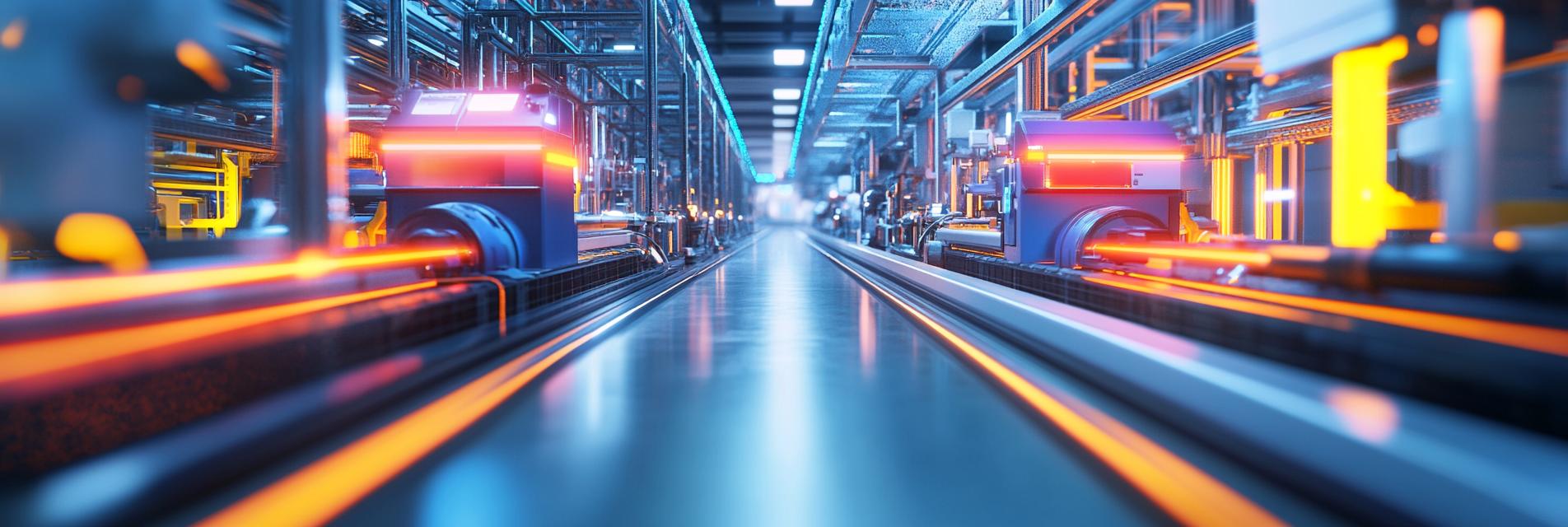As we step into an era defined by rapid technological advancements, the feeders and automation industry is witnessing significant transformations. With the increase in demand for efficiency and productivity, innovative solutions are redefining the operational landscape.
Feeders play a crucial role in industrial automation by streamlining processes and enhancing the efficiency of production lines. Their primary function is to supply materials consistently and at the right moment, reducing downtime and ensuring smooth operations.
Technological advancements are at the forefront of the future trends in this industry. Innovations such as smart feeders equipped with IoT (Internet of Things) capabilities enable operators to monitor and control feeding systems in real time. This level of control not only improves operational efficiency but also significantly reduces waste.
Artificial Intelligence (AI) is increasingly being integrated into feeding systems, allowing for predictive maintenance and improved decision-making. AI-driven analytics can provide insights into operational performance, helping identify potential issues before they become critical.
Several trends are shaping the future of feeders and the broader automation industry:
Sustainability is becoming a focal point for many industries, and the automation sector is no exception. Future feeders will need to incorporate eco-friendly materials and energy-efficient technologies to minimize their environmental impact. This not only aligns with global sustainability goals but also appeals to a more environmentally conscious consumer base.
In conclusion, the feeders and automation industry is evolving rapidly, driven by technology and innovation. As we embrace these changes, it’s essential for stakeholders to stay informed and adapt to the emerging trends. By doing so, we can enhance operational efficiency and contribute to a more sustainable future.

